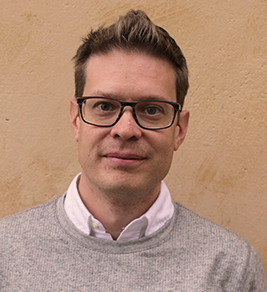55 000 km2, 15 municipalities and 268 000 people, of which almost 80 % live in the four costal municipalities. Region Västerbotten is interesting in several ways: the area faces the same challenges as many other European rural areas with an ageing population and young skilled people leaving the small villages in the remote inland.
What else, the long distances add another dimension of challenges. It takes approximately five hours to drive across the region from the remote western border to the east border by the Bothnian Bay and there is limited access to trains and flights within the region.
Västerbotten is one of the case study areas in RELOCAL: A Horizon 2020 project. Nordregio’s work focuses on the regions work with digitalisation and in particular the project ‘Digitala Västerbotten’ (Digital Västerbotten). The project aims at increasing competence in digitalisation within municipalities to help them provide e-services to their citizens and to provide them with tools to lead the digital transformation.
‘Digital Västerbotten’ is highly relevant for many reasons. As stated above, distance and out-migration are two factors that play a crucial role. Because of the out-migration, public authorities are struggling to provide the same services to the inhabitants as other regions in Sweden. Also, private actors, such as food stores, pharmacies, banks and shops, are affected by the trend of centralisation as the basis for customers is constantly shrinking in the inland municipalities.
To compensate the loss of physical service offices around the region and to overcome the long distances, digital solutions are being used in various ways. The region has a long history of advanced broad band connectivity and focus on digitalisation, which is shown by the region’s ‘regional digital agenda’ and the Centre for Rural Medicine (GMC) that has been a forerunner in telemedicine for 25 years. One of the project’s visions is to create “smarter welfare through digitalization” and to prevent people from leaving the more sparsely populated areas. Hopefully the RELOCAL project can contribute to this vision through its findings.
On 30 November RELOCAL was presented by Nordregio researchers at the Department of Geography at the University of Umeå, the capital city in Västerbotten. 15 researchers from the university were present and what was particularly emphasised by them was the need to more extensively study the perceptions and ideas of local stakeholders as they are the end-users of digital solutions. This was also part of the tasks the Nordregio researchers had in Umeå, as interviews with different people working with the digitalisation project or being affected by it were conducted.
You can read more about RELOCAL here: https://relocal.eu





